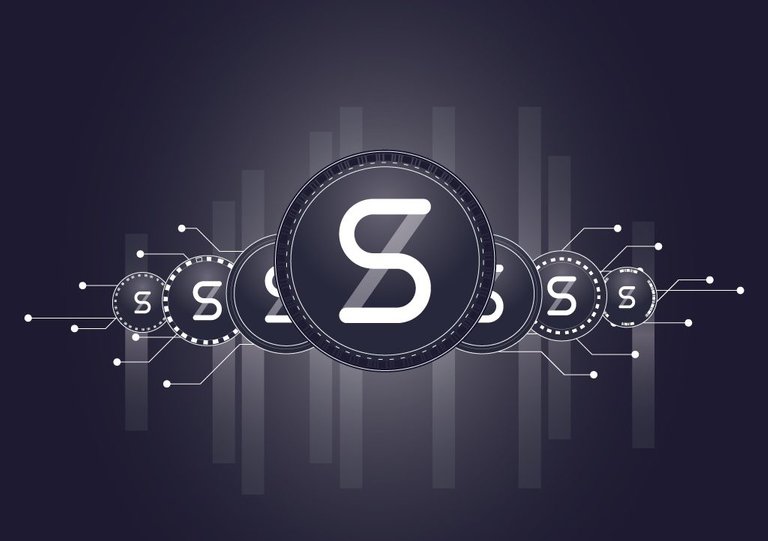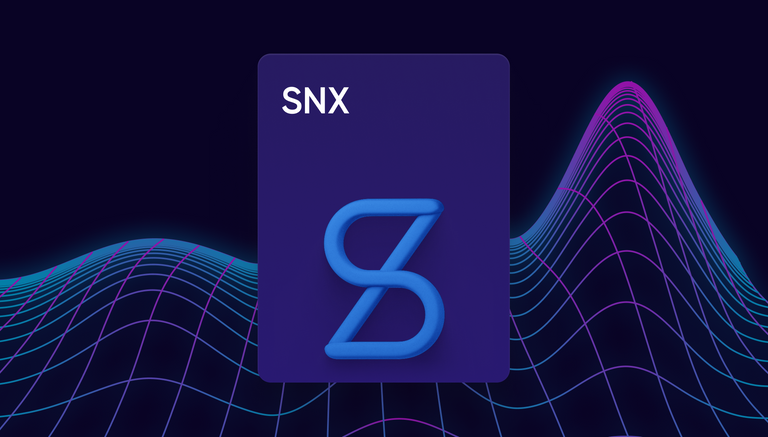INTRODUCTION
Short selling provides investors with a mechanism to exchange downward price movements of an asset into potential profit. KWENTA has now made available short selling on SYNTHETIX's sBTC and sETH.
DISCUSSION
How does it work? Within the KWENTA network, a trader may open a short position to borrow sBTC or sETH from the SYNTHETIX debt pool, utilizing sUSD as collateral. To close such a short position, the trader must use the sUSD to repurchase the borrowed asset at the price it initially sold for. Profit is realized when the price of the borrowed asset decreases as the trader is then repurchasing the borrowed asset at the lower market price (retaining the excess sUSD as profit for the short transaction.
Some of the relevant mechanics of a short sale within the KWENTA network are worthy of mention here. When a short trade is initiated, the trader must input the amount of sUSD to be utilized as collateral. The amount of sUSD determines the amount of sBTC or sETH available for the short transaction. Presently, KWENTA requires a minimum collateralization ratio of 150% to open a short in the network. (However, the interface default collateralization ratio is default set at 200%). In addition, there is zero slippage for derivative trading on KWENTA (by using the SYNTHETIX pooled liquidity model where trading is peer to contract, KWENTA provides essentially infinite liquidity in the system negating the worry of moving the orderbook causing slippage).
Traders on KWENTA do not have to set any expiration date for the short position they open. As such, the short position may remain open indefinitely but the short position does accrue interest based on the skew (long/short) of the sBTC or sETH that was shorted at the open. Should the longs exceed the shorts on the borrowed Synth, the interest rate is set at 0%; but, if the shorts exceed the longs on the borrowed Synths, interest accrues at a rate in proportion with the size of the skew.
When engaging in a transaction of this sort, it is important to consistently monitor the collateralization ratio as it changes with movements in price. Should the collateralization rate fall below the minimum rate of 150% the trader is at risk of getting partially liquidated and taking a loss on the sold asset which was borrowed to establish the short position (partial liquidation is a forced automatic sale of sufficient borrowed assets to reestablish a 150% collateralization ratio). This partial liquidation however may be avoided by either closing the short position before falling below the 150% rate, or, by adding additional sUSD as collateral in a sufficient amount to reestablish the 150% rate (known as topping up).
KWENTA is permissionless and non-custodial and therefore to use the KWENTA dApp, no separate account is created, there are no deposits and/or withdrawals, and most importantly a trader is not required to surrender custody of any funds. This provides traders with an additional tool to add leverage to their short position by deploying the available sUSD created to open yet another short increasing potential gains (or losses) by virtue of the leveraged position. However, by doing this, the trader is exposing the transaction to even greater risk of loss.
Incentives are available for executing sBTC or sETH short transactions. SYNTHETIX currently is offering incentives in the form of SNX tokens to aid in the reduction of the long skew present in the SYNTHETIX debt pool.
CONCLUSION
In my opinion, short transactions are not an investment tool for the new investor and/or the faint of heart. The processes involved require knowledge developed over time and varied experiences in investing.
I am merely an ordinary small investor who likes to share what I've learned and found interesting through research into the Crypto World. I am not in any way a financial advisor and as such, do your own research before investing. If you enjoyed this article please like it, comment and/or tip. Feedback is always welcome here.
Posted Using LeoFinance Beta

